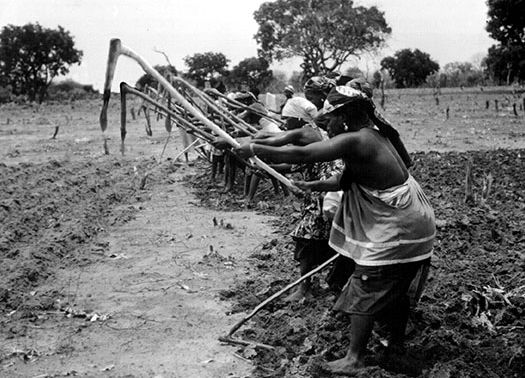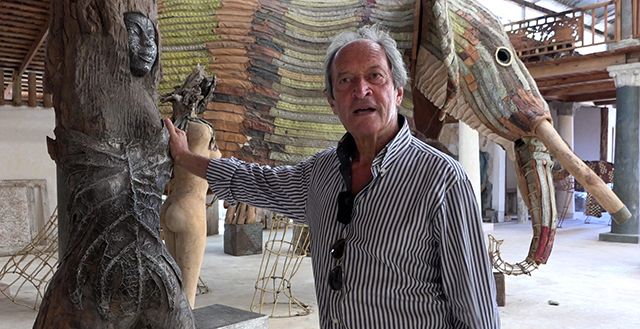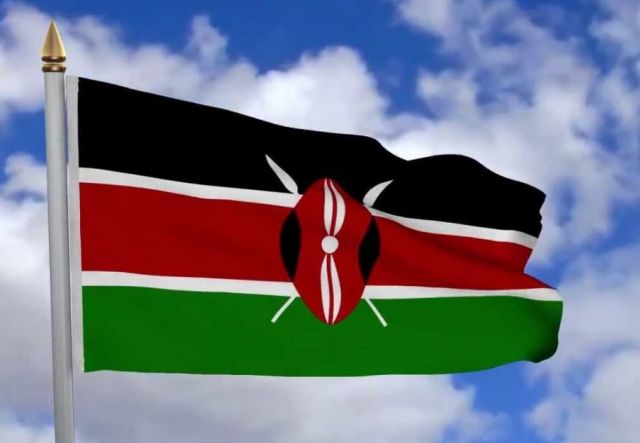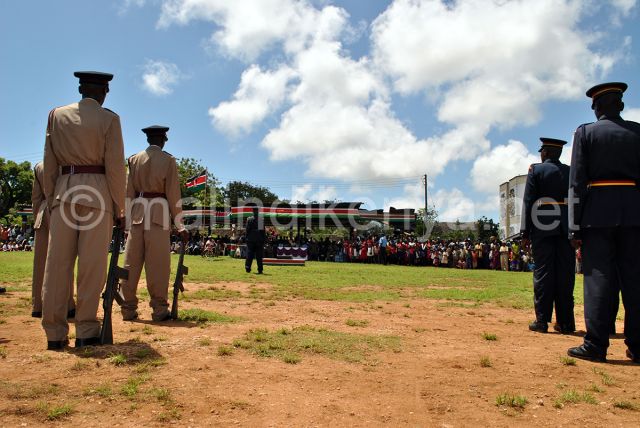
CELEBRATIONS
16-03-2022 by Freddie del Curatolo

One hundred years ago, on March 16, 1922, Kenya for the first time realized that it was a land populated by Africans and governed by whites and became aware that by uniting and asserting its rights, the conditions of its people could only improve.
It would take battles, repression, arrests, killings, guerrilla warfare and revolts, but in the end, forty years later, Kenya would become an independent nation.
In Nairobi, two days after the arrest of the first trade unionist in Kenyan history, Harry Thuku, a thousand Africans a century ago staged an unprecedented strike and in those days went to the front of the police station, where Thuku, guilty of having demanded more humane conditions for workers in the city and surrounding plantations, after the wages of farmers had even been lowered, was held in custody.
These thousands were joined by other citizens, demanding in an exemplary protest the release of their leader. Not listened to, they picketed the station without storming it, but for the first time the tension was palpable. The New York Times was the first to report the news of some British soldiers who "were forced to open fire" killing twenty people, motivated by the imminent assault of the natives to the station, to free Thuku.
According to the Kenyans the death toll was several hundred and the protest was determined but peaceful.
It was an exalted or frightened officer who opened fire, causing chaos.
Among the first victims was a woman, Rosemary Nyanjiru, who on March 16 challenged the policemen lined up to defend the entrance to the station, asking them to hand over their jackets to the other half-naked women to cover themselves. In front of them, she stripped completely and placed her rags on her head, asking them to "clothe the naked." According to police reports, the organizers of the protest had put their women in the front row, thinking that the British settlers would not dare open fire. Instead, they were the first victims, unarmed defenseless and without even decent clothing on.
"The white farmers and colonialists," reported the New York Times, "depend entirely on black labor to cultivate their estates, but the black man does not willingly accept the work, so the problem is how to make him work.
At the time, an estimated four million Africans were forced to work for the 6,000 British settlers who farmed exclusively in the white Highlands.
To force them to work, the colonial government had introduced a tax that they could only pay through their labor, and those who didn't pay their taxes would be imprisoned and sent to serve in labor camps anyway.
A hundred years have passed, Kenya would still be that land (and in part it is) that the British defined as "the place where there is no animal, tree or crop of economic value to mankind that cannot be raised in some part of it."
Harry Thuku spent nine years in prison in Uganda and once served returned to political activism. Kenya today, thanks to successive claims, is governed by Kenyans, but exploitation, translated into cost of living, lack of essential services and living conditions dictated by the same institutions and their greed, has changed only in form, but history sadly repeats itself, with the aggravating factor that the color of the exploited and exploiters is almost always the same.
More than two million people in Nairobi live inhumanely, another ten million Kenyans in other parts of the country are at risk of dying of hunger or poverty-related diseases.
It would be nice if this date and the memory of Rosemary would serve to clothe the ignorant minds of sentiment and decency of power, at least for those who fought and gave their lives so that men and women of this country would one day be free.

HEALTH
by redazione

After one hundred days long, especially for patients in all of Kenya, the doctors decided to retract their protest and return to the hospitals.
The strike created to assert their rights, enshrined in a category by some ready-year contract and...
ANNIVERSARY
by redazione

Today is a national holiday in Kenya. It is the celebration of the "Jamhuri Day". It's the day of the Republic, which is the date in which officially entered into force before the Constitution of the Republic of Kenya, 12...
DOCUMENTARY
by redazione

The filming of the documentary film "Italian in Kenya" has ended. It's a short feature commissioned by the Italian Foreign Ministry, through the Italian Institute of Culture in Nairobi, as part of the week of Italian language in the world.
PUBLIC HOLIDAY
by redazione

Today is a special day in Kenya, celebrated with a national holiday.
It is...
PROMOTION
by redazione

A special showcase for Malindi, Watamu and the activities that promoted through the magazine "What's best in Kilifi County".
During the week of Italian businesses in Kenya, which were exhibited at the Village Market in Nairobi, copies of the first...
Customs clearance operation at risk from this week to the port of Mombasa.
Friday was called a strike to the bitter end of 1350 customs operators, for the renewal of their licenses by the Kenya Revenue Authority.
He writes the...
NEWS
by redazione

"Hotelkeepers will join other stakeholders in cleaning the airport road to roundabout in ...
by Freddie del Curatolo

Today is a national holiday in Kenya, celebrating the heroes of the country's...